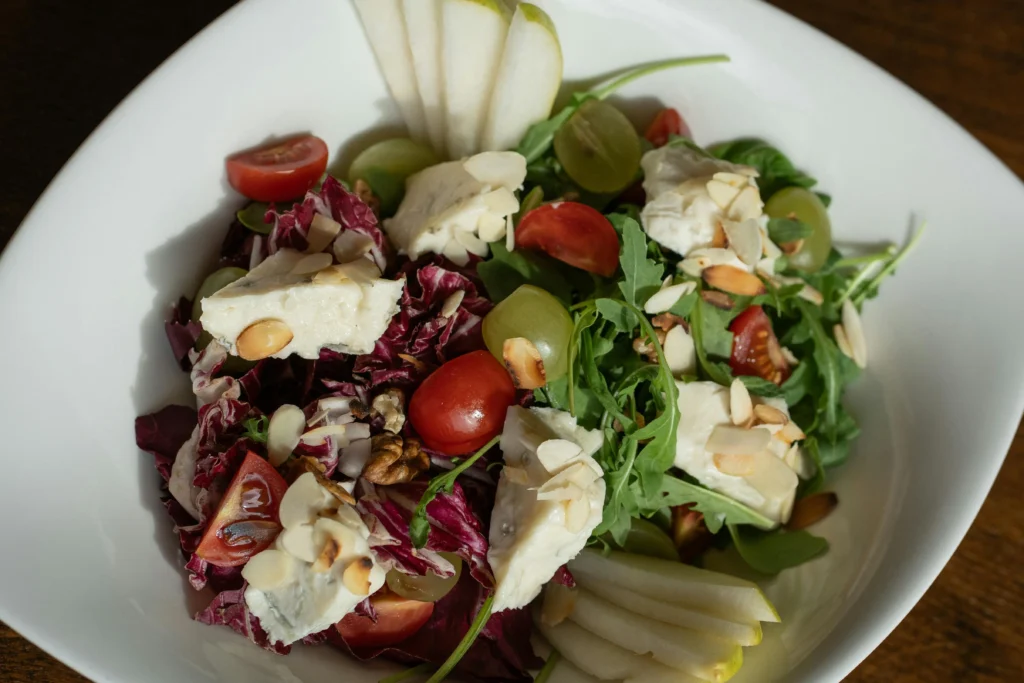How to Maintain a Healthy Diet in Ramadan in 2025

Ramadan is a sacred month of fasting, reflection, and spiritual growth observed by millions of Muslims worldwide. During this time, maintaining a well-balanced and nutritious diet is essential to sustain energy levels and overall well-being. How to maintain a healthy diet in Ramadan in 2025 is a question many individuals are asking, especially with the changing lifestyle and dietary habits. A proper meal plan, hydration, and mindful food choices can help ensure that fasting does not negatively impact health.
Table of Contents
The Importance of a Balanced Diet During Ramadan
Fasting from dawn to sunset requires significant adjustments to daily eating patterns. Without a proper diet, individuals may experience fatigue, dehydration, and nutrient deficiencies. To maintain optimal health, it is crucial to consume a variety of nutrients, including proteins, healthy fats, and complex carbohydrates.
Suhoor: The Key to Sustaining Energy
The pre-dawn meal, Suhoor, plays a vital role in ensuring you stay energized throughout the fasting hours. Foods rich in fiber and protein, such as oatmeal, whole-grain bread, eggs, and yogurt, help maintain satiety. Additionally, incorporating fruits like bananas and dates provides essential vitamins and minerals. Drinking plenty of water and avoiding caffeine helps prevent dehydration.
Iftar: Breaking the Fast the Right Way
Iftar should be approached with balance and moderation. Traditionally, breaking the fast with dates and water helps restore glucose levels. After this, consuming nutrient-dense foods such as lean proteins, vegetables, and whole grains aids digestion and overall well-being. Fried and sugary foods should be limited to prevent weight gain and sluggishness.

Hydration: An Essential Aspect of Fasting
Drinking enough water between Iftar and Suhoor is critical to staying hydrated. Herbal teas and fresh juices without added sugar can also contribute to fluid intake. Avoiding excessive consumption of caffeinated beverages, such as coffee and tea, prevents dehydration and irritability.
Managing Portion Control and Avoiding Overeating
One common mistake during Ramadan is overeating after breaking the fast. Eating slowly and mindfully can prevent digestive issues and unnecessary weight gain. Opting for smaller portions and eating a variety of nutrient-dense foods ensures a steady energy supply.
Exercise and Physical Activity
Maintaining physical activity during Ramadan is beneficial for metabolism and overall health. Engaging in light exercises, such as walking or yoga, can help keep the body active without causing exhaustion. The best time for moderate workouts is after Iftar or before Suhoor to avoid dehydration.
How to Maintain a Healthy Diet in Ramadan in 2025: Modern Dietary Trends
As dietary trends evolve, many individuals are turning to personalized meal plans to optimize their nutrition during Ramadan. Plant-based diets, intermittent fasting strategies, and the inclusion of superfoods are becoming more popular. Meal-prepping and using technology, such as diet-tracking apps, can help maintain a balanced intake of nutrients.
Avoiding Unhealthy Food Choices
Processed foods, excessive sugars, and high-fat meals can lead to weight gain and sluggishness. Choosing wholesome and natural foods can promote better digestion and prevent post-Iftar fatigue. Incorporating lean proteins, healthy fats, and fresh vegetables in meals ensures a balanced diet.
Conclusion
Ramadan is an opportunity to enhance both spiritual and physical well-being. By focusing on a nutritious and well-balanced diet, individuals can maintain their energy levels, avoid common health issues, and make the most of this sacred month. How to maintain a healthy diet in Ramadan in 2025 involves making mindful food choices, staying hydrated, and incorporating modern dietary trends. By following these guidelines, fasting can be both fulfilling and beneficial for overall health.

